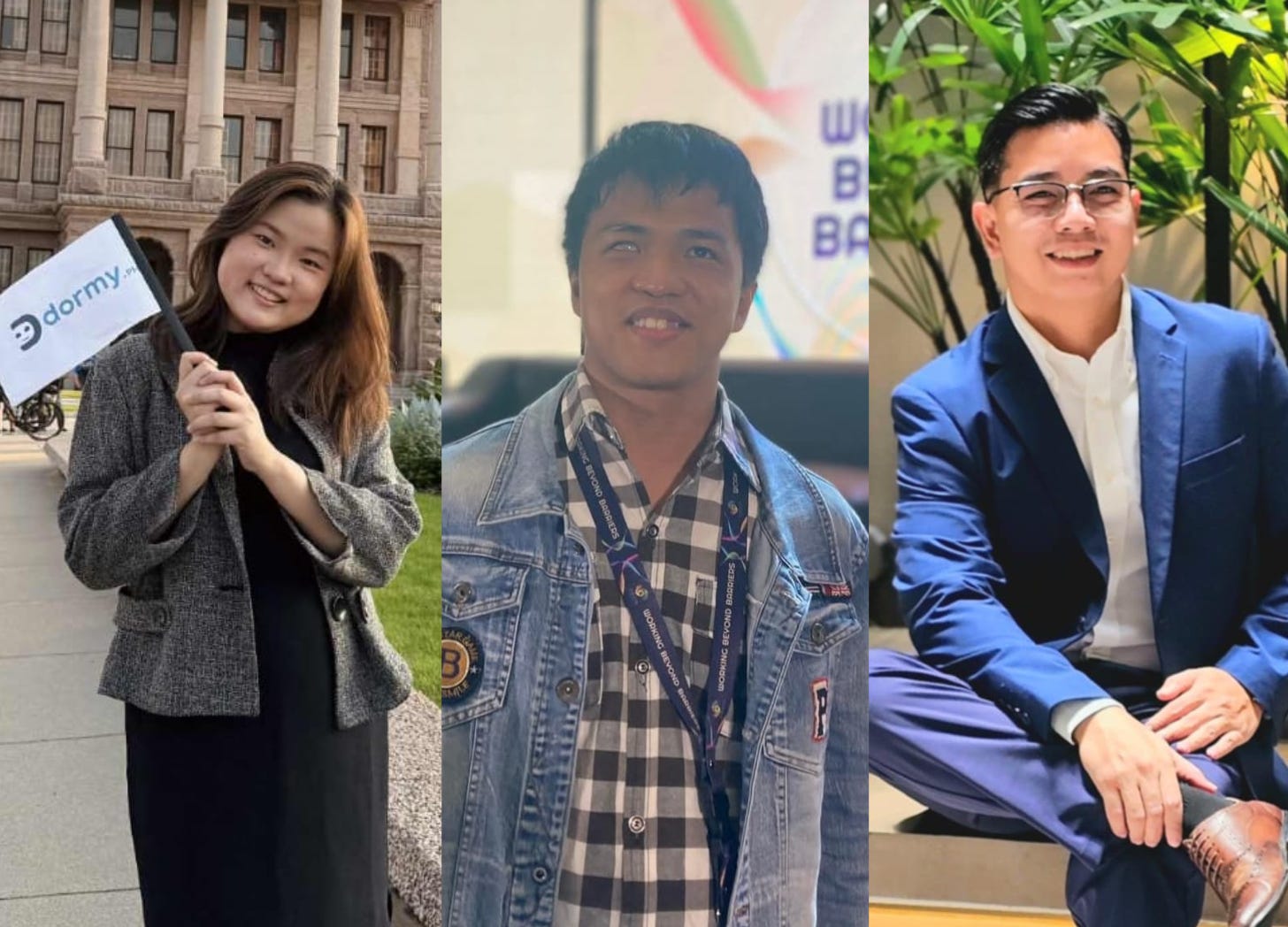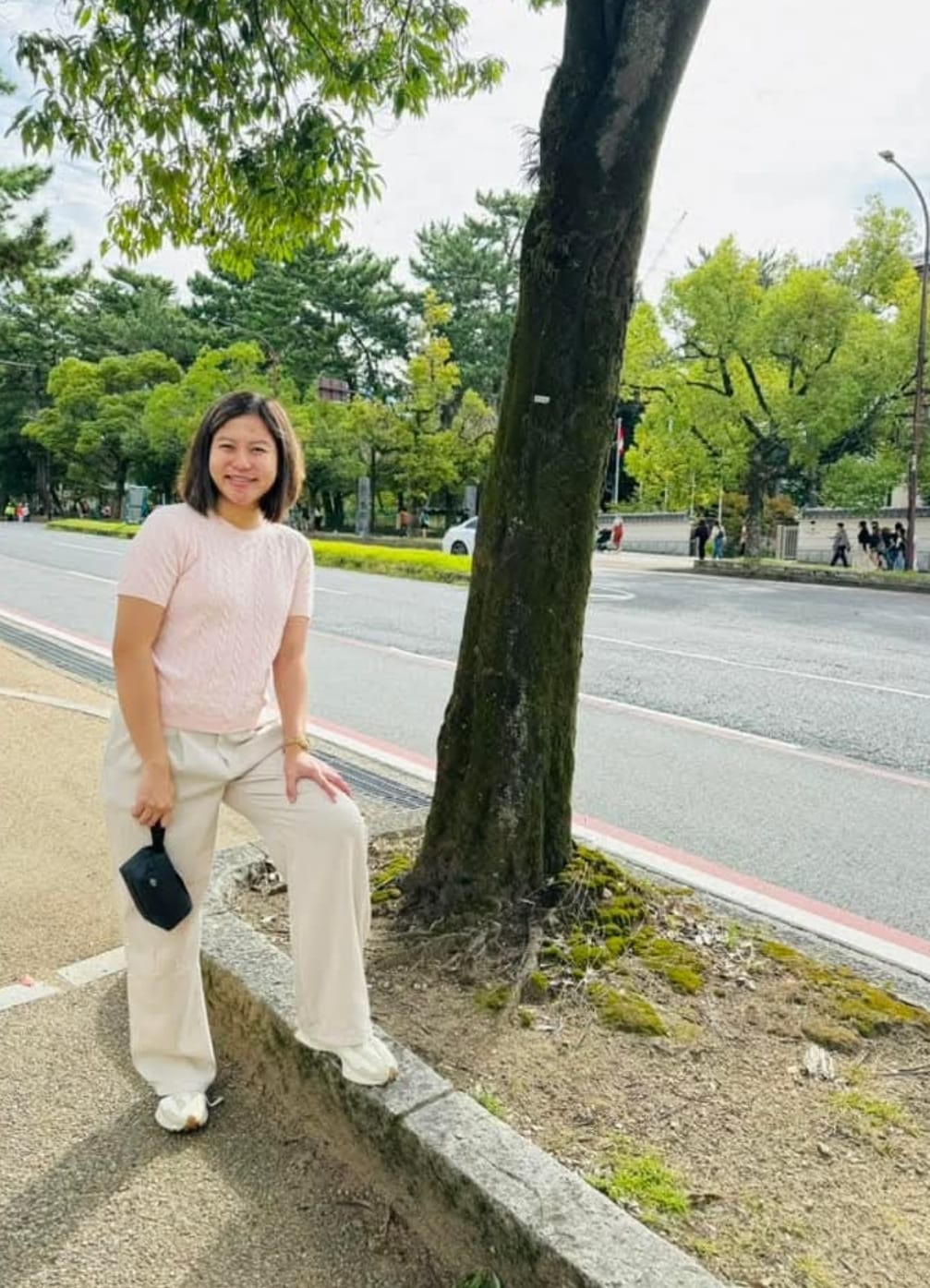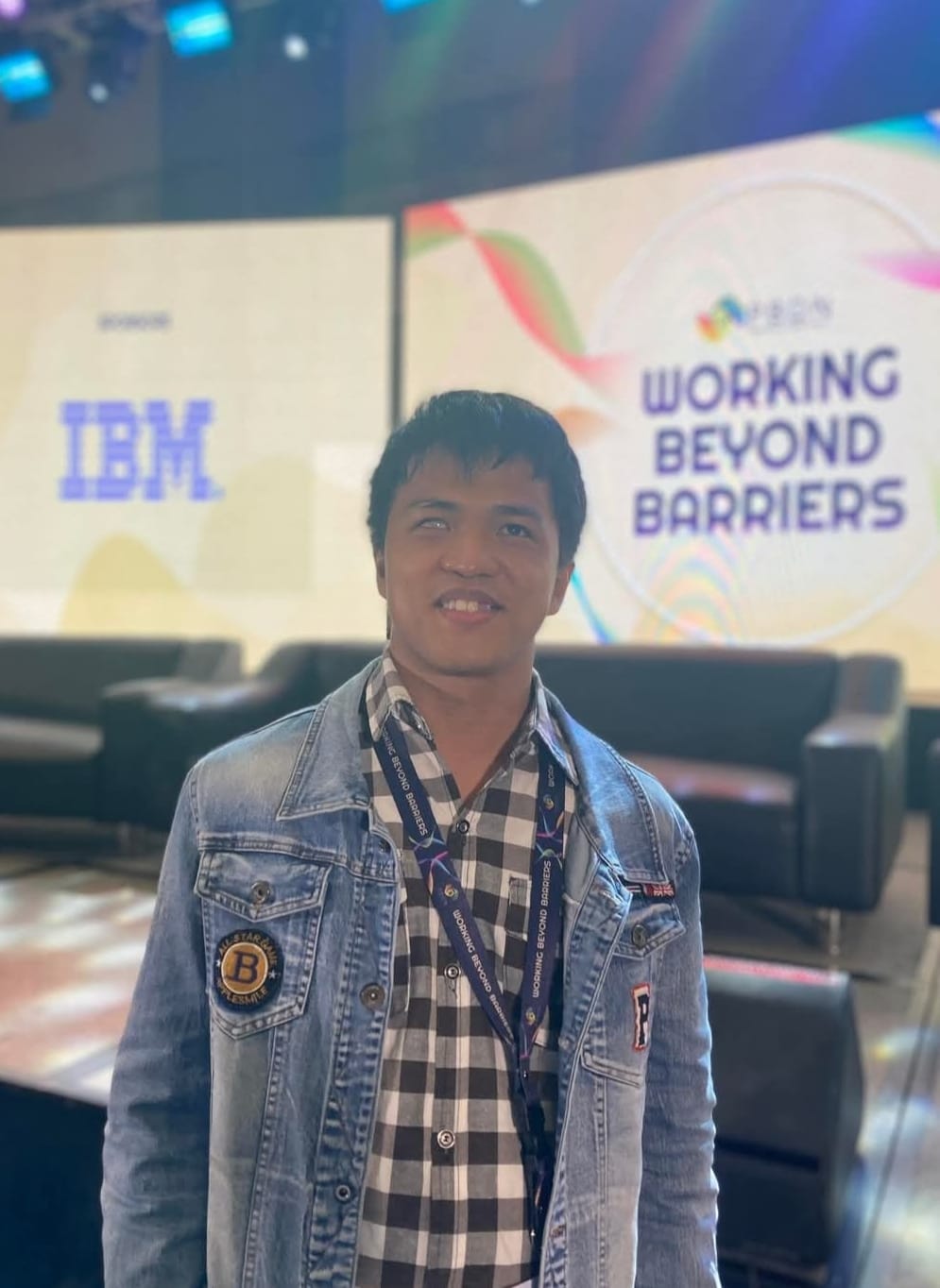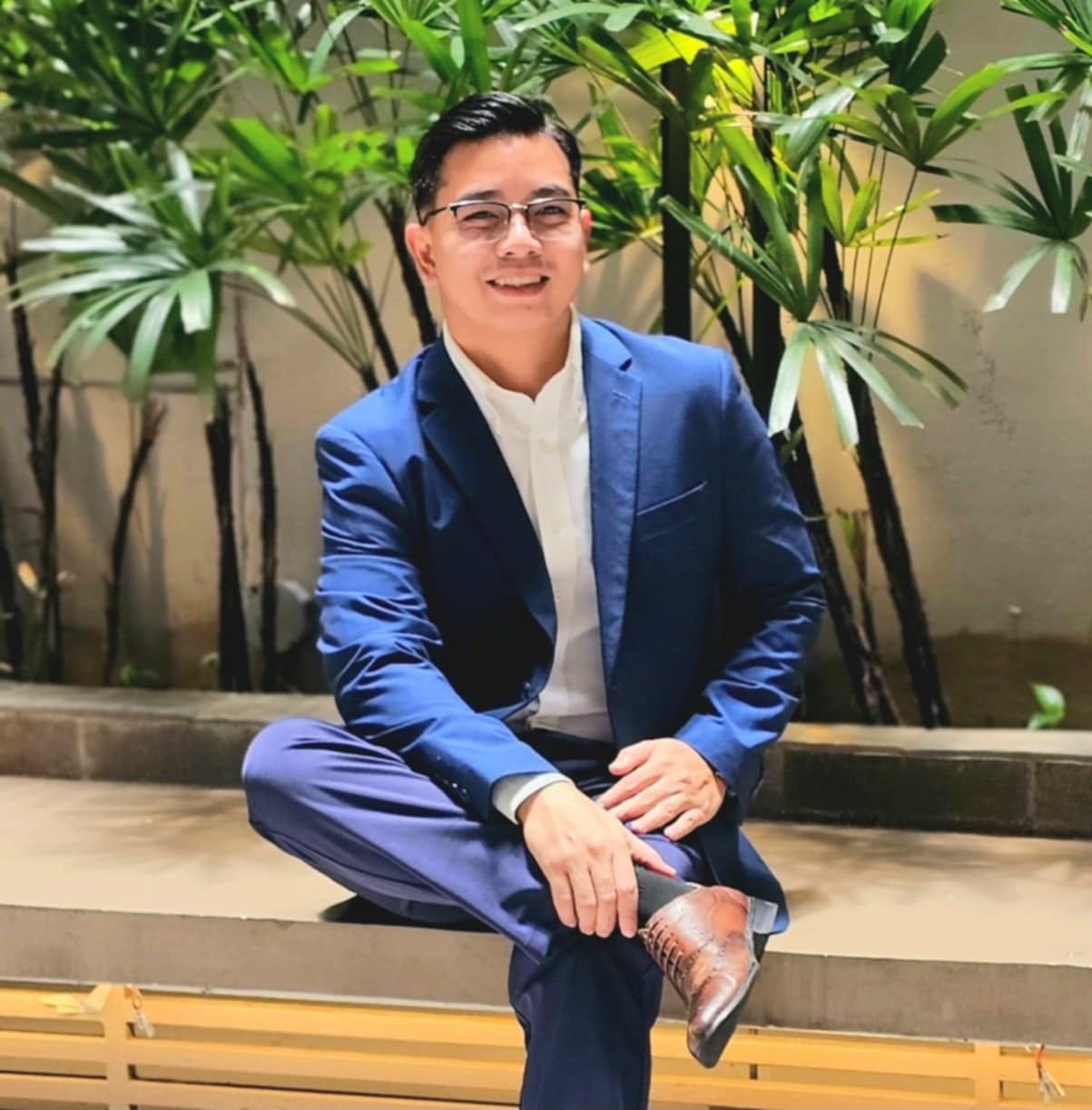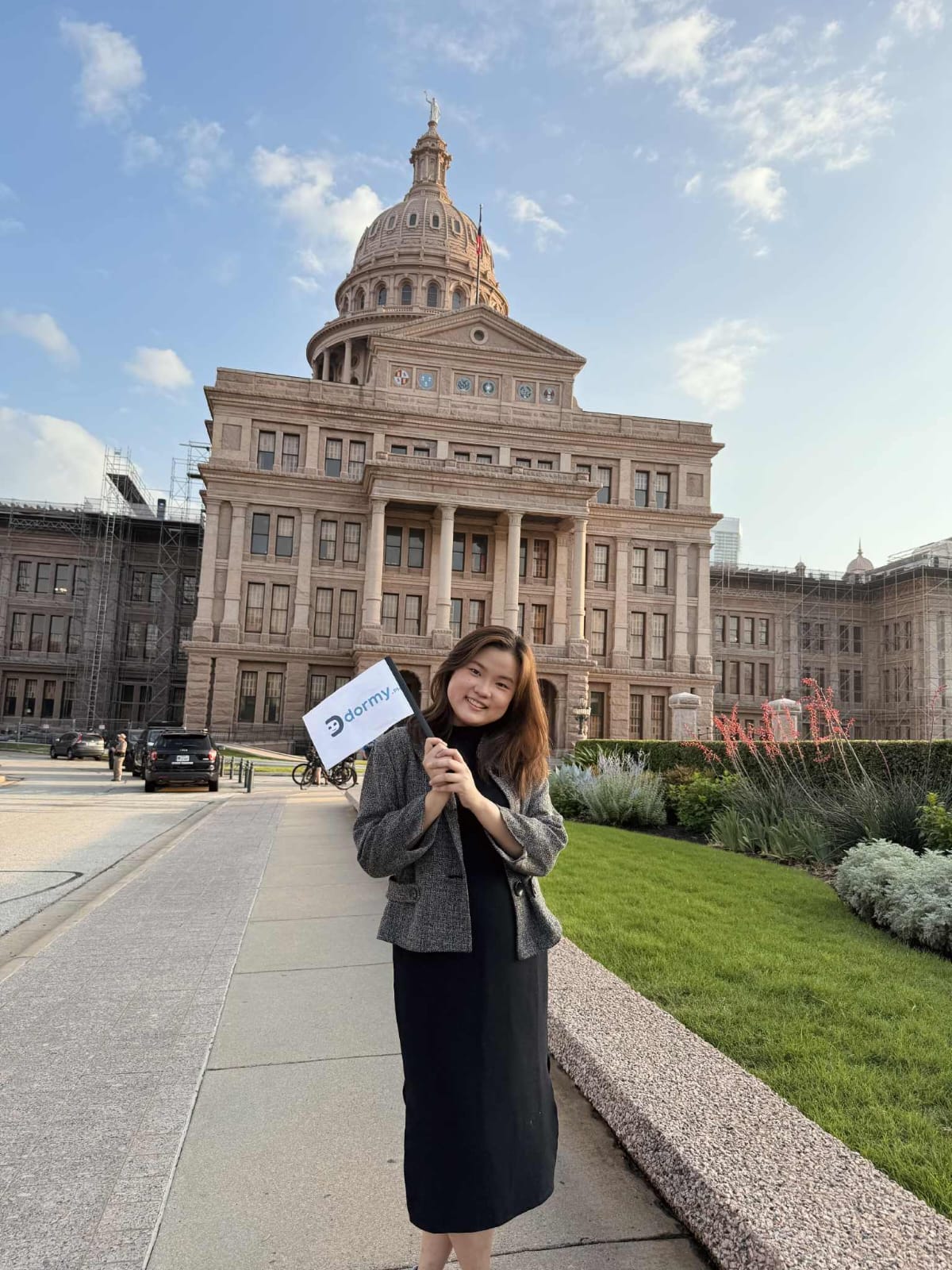#49: The Future Is Flexible: How 7 Young Filipinos Are Redefining Work With Purpose-Driven Careers
How are Filipino youths redefining the idea of work while honoring traditions at the same time?
Welcome to SEAmplified’s newsletter—where we share inspiring stories for you to rethink the grind & discover your why in Southeast Asia!
Reading time: 8 minutes
💼 Redefining Work
Exploring how Southeast Asian youths are rethinking success and hustles.📌 TL;DR
📌 Filipino youth are moving away from traditional career paths, embracing freelancing, startups, and passion-driven work.
📌 Cultural values like bayanihan and resilience are being reinterpreted through the lens of mental health, equity, and authenticity.
📌 Many face unstable jobs, low wages, and outdated expectations—but still choose paths aligned with purpose and self-respect.
📌 Through bold choices and digital communities, they are reshaping the meaning of success and the future of work in the Philippines.
*TL;DR generated by AIIn the Philippines, the nature of work is undergoing a profound transformation for the country’s youth.
No longer following a single, predictable path, young Filipinos across the archipelago are redefining what it means to work, to provide, and to plan for a future shaped by rapid change, economic pressures, and shifting values. This dynamic shift is deeply rooted in core Filipino cultural values.
Filipino identity has long drawn strength from resilience—the celebrated ability to adapt and persevere in the face of hardships. Yet, for this generation, resilience is being reframed.
Many now argue that endless "kakayanin" (enduring whatever comes) can sometimes enable systems that fail to support people. ”Resilient worker” is no longer just a badge of honor—its also a call for systemic change.
At the heart of this shift are values like bayanihan, the indigenous spirit of communal unity and cooperation, and pagpapahalaga sa pamilya, a deep sense of family responsibility.
These values, shaped by centuries of cultural exchange and Catholic tradition, are now being renegotiated. Young Filipinos are keeping what sustains them, but questioning guilt-based obligations and the pressure to conform at the expense of personal well-being.
Religious and moral codes continue to ground many Filipinos in a sense of community and duty, but they are increasingly interpreted through new lenses: mental health, equity, and authenticity. Old binaries such as tradition versus progress and duty versus desire are giving way to messier but more honest negotiations.
In this context, work is no longer a single, linear ladder but a mosaic of freelance projects, start-ups, professional pivots, and bold experiments. Young Filipinos weigh the costs and privileges of stability versus freedom, the comfort of tradition against the excitement and risk of reinvention.
The 7 stories that follow illuminate a generation rooted in heritage but not afraid to challenge old norms and work on their own terms.
Christine, 28: Freelance Virtual Assistant
Christine is the main breadwinner in her family. During the pandemic, she left her call center job to become a freelance virtual assistant, taking a 40% pay cut to prioritize her peace of mind and her family’s safety.
At first, she kept the change from her family, fearing they wouldn’t understand. For her, meaningful work means balance, respect, and being valued. She lives by her motto: “walang ibang tutulong sa iyo kung di ikaw lang” (no one else will help you but yourself).
Freelancing offers no job security, so Christine keeps learning by investing nearly US$2,000 in training and now pursuing an MBA, even if she’s “at the mercy of the client” as a virtual assistant. Her story shows both resourcefulness and exhaustion, as stability still feels out of reach.
Bob, 29: Lawyer and Creative Industry Advocate
Bob started in the music industry but shifted paths after noticing artists lacked legal support.
In her first year as a lawyer, she found fulfillment in solving real problems. “Meaningful work isn’t just routine—it’s being part of real change,” she says.
Bob rejects the “toxic guilt trip” of giving money to family out of obligation, something her parents never pressured her to do.
She also challenges how society places careers like law or engineering above creative work. “Our generation isn’t obsessed with career growth for its own sake,” she explains.
Fulfillment, for Bob, comes from making impact, not titles.
Jezrel, 25: Backend Engineer and Accessibility Advocate
Visually impaired since his teenage years, Jezrel discovered programming through a training program that began his career and advocacy for persons with disabilities.
“Remote work finally opens doors for people like me. It lessens stereotyping and makes the workplace about skills,” he says.
But he still faces bias and struggles with digitalization. Upskilling can be an issue as many learning materials are video-based and lack audio descriptions.. Despite this, he was successfully certified cloud practitioner at a web service company.
“Success for me is not just having a job, but doing well and loving what I do. But I hope companies would look at skills over disability,” he shares.
His experience highlights a bigger issue: technology can help level the playing field, but only when there are real chances for inclusion, not just token gestures.
James, 33: Banker, Farmer, Sustainable Energy Advocate
James has taken many paths — from being an academic achiever to studying fine arts abroad, then working as a farmer, banker, and now an advocate for renewable energy. He rebuilt his career after facing natural disasters and business losses while trying to support both family and community.
“We always say Filipinos are resilient, but it's romanticized. You don’t want to be resilient all the time — it’s exhausting, and it hides the failures of the system,” he says.
He worries about rising taxes and doubts where the money goes. “Many young people are discouraged from earning here because in other countries, taxes pay for social services. Here, you wonder where yours goes.”
For James, real success means buying time for yourself. “Time is the most expensive commodity — you can’t get it back.”
Leo, 33: Film Producer (Bar Boys 2, Agapito at Cannes)
Coming from a family of lawyers, Leo chose filmmaking, which sparked tensions at first. But after seeing his happiness and success in filmmaking, his family came to accept his choice.
He has helped produce films like Agapito, shown at Cannes, and is now a main producer for Bar Boys 2, a project close to his roots.
“All jobs are noble if they sustain you and let you do what you love,” he says.
For Leo, success is creating and sharing what moves you—despite the uncertainty surrounding filmmaking, due to factors such as financial instability.
Camille, 27: Senior Transport Researcher
Camille turned her frustration with public transport into a career in research and advocacy. She moved from construction to an NGO focused on making real changes. “Seeing the impact of my work on the community defines success for me.”
Even with advanced degrees, Camille faces stigma against hybrid and remote work.
“There’s too much bias against remote or hybrid work. Old mindsets still think success is about being in the office — even if it makes life harder for everyone,” she says.
She wants society to value skills and results, not outdated ideas or personal connections.
Alyssa, 23: Co-founder and COO of Dormy
Alyssa started her own business early, co-founding Dormy, a rental marketplace. For her, work isn’t just about salary—it’s about impact, passion, and practicality.
“Work should be judged by total impact—not just salary. Passion is important, but so are people and practicality,” she says.
Alyssa’s startup journey comes with both support and challenges. Her family gave her emotional backing, but the market is tough.
“The startup scene here is still young. Getting funding is harder compared to other ASEAN countries, and economic ups and downs always threaten the business. Still, our diverse income streams and careful planning keep us going,” she shares.
Alyssa wants to change how success is seen.
“We should rethink success—not just who earns the most, but who helps others and builds communities,” she says.
Harsh Truths
These inspiring stories of change and purpose reflect deeper problems that affect how young Filipinos approach work: an unstable job landscape, systemic roadblocks, and the mental toll of constant hustles.
Entry-level jobs often demand two years of experience, multiple interviews, and exams—just for minimum-wage roles. Government processes are slow, and the padrino system (favoritism) means connections often triumph over skills. Taxes with unclear benefits frustrate young workers, who question where their contributions go.
The relentless grind impacts mental health. Long commutes, low pay, and job precarity lead to burnout. For instance, minimum wage in Metro Manila is at US$12.20 per day, which is barely enough for basic needs. Protections for freelancers are weak, notably lacking in health coverage.
Those who stay must choose between exhaustion or escape, and the latter contributes to talent drain and hinders local change.
A New Compass
Young Filipinos are actively rethinking work and success, moving away from outdated ideas that privilege certain professions. They demand respect for all honest work, whether creative, technical, farming, or entrepreneurial, so long as it sustains a living.
Bob articulates this, desiring to "see creatives equally". This generation champions the dignity of all honest work—whether creative, technical, farming, or entrepreneurial—asserting that its value lies in its ability to provide sustenance and fulfillment. Camille advocates for valuing skills and impact over titles or personal connections.
This generation increasingly prioritizes mental health, work-life balance, and authenticity—topics once rarely discussed.
Despite inherent uncertainties, this generation displays courage in choosing non-traditional paths. They invest in new skills, launch businesses, and pursue personal goals, often defying family expectations.
Community support is crucial, with online groups and networks reviving the spirit of bayanihan by sharing skills and helping during tough times. Through innovation and hope, they are actively shaping a better, fairer system.
Courage to Choose the Uncertain
Filipino youth are not just reacting to hardship—they’re actively seeking new opportunities, even when it’s risky. Many learn new skills, start businesses, or take unconventional paths to shape their future.
Freelance or gig work helps them blend jobs to make ends meet, while others create projects that align with both values and practical needs.
Christine, for example, embodies self-reliance, having transitioned from a call center agent to freelance virtual assistance for peace of mind, demonstrating a strong belief in her ability to create her path. Alyssa also chooses impact over salary, despite limited funding and market challenges.
This generation resists outdated views that only certain jobs or office work matter. They want respect based on skills and results, not titles. Success, to them, means staying true to themselves and making a difference—even without big paychecks or stability.
The Work Is Ours to Define
For Filipino youth today, work isn’t something handed down—it’s something created.
They are building paths aligned with values, blending freelance gigs with advocacy, or turning family legacies into platforms for innovation.
They want more than survival. They want work that respects their humanity, honors their values, and allows them to live fully.
They’re not waiting for the system to change—they’re changing it themselves. Through quiet shifts and bold moves, this generation is reshaping what it means to live and work in the Philippines.
As Leo asks, “What even is Filipino culture?”
The answer is being rewritten now.
One choice, one quiet shift, one fearless voice at a time.
About the writer:
Frankie Nobleza from the Philippines cares deeply about youth empowerment, disability inclusion, and making the world a bit more accessible for everyone. She writes to make sense of her own experiences and to help others feel a little less alone.
If you’re keen on contributing topics to help youths rethink the grind and discover their why in Southeast Asia, join us as a content contributor now by sending your pitch to hello@seamplified.com!
Enjoyed today’s article? Follow SEAmplified on Instagram, TikTok, and LinkedIn for more exciting and exclusive content, hit the subscribe button, and tell us how we did in the poll below!
Have a new idea or lead for a story, feedback on our work, or just want to say hi? Email us at hello@seamplified.com.



